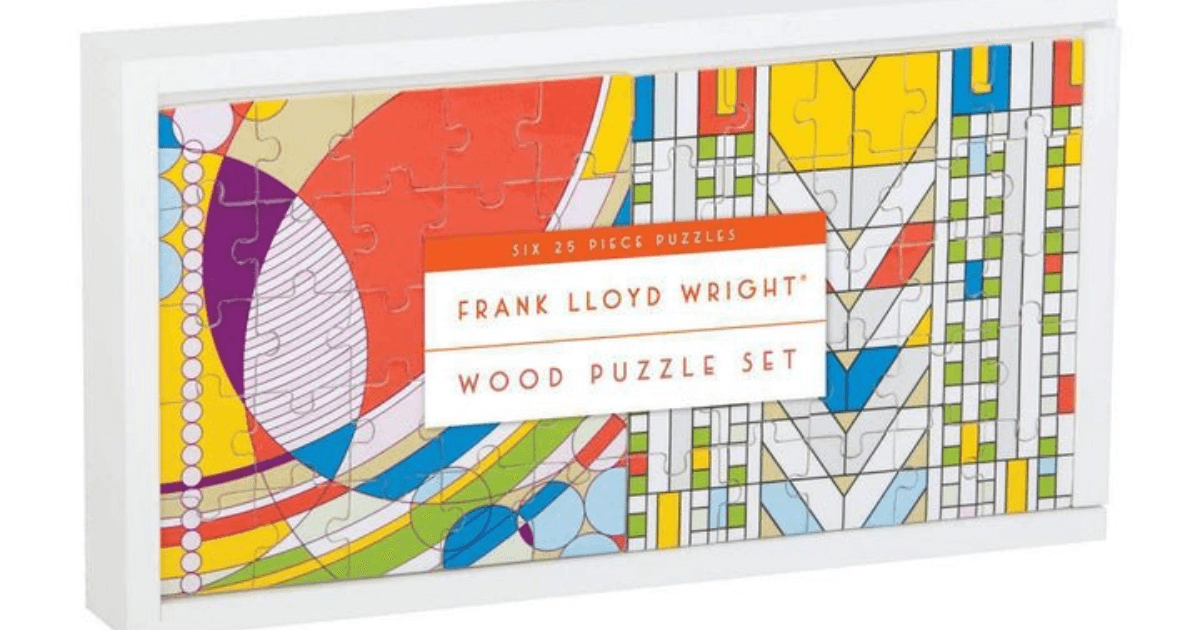Licensing Woven Into NYNow Show

By Mark Seavy
Habits formed during the pandemic may soon be broken as it recedes, but for the time being pieces of them remain in place.
That much was clear at the New York Gift Show (NYNow) this week as homespun items like licensed puzzles and games and calendars and other items shared the spotlight. But it’s a question of whether these items will retain the soaring sales they have gained during the pandemic.
To be sure, specialty gift retailers, who are central to shows like NYNow, dedicated more space to puzzles and games during the pandemic, and to some extent, calendars. But as new trends emerge in a post-pandemic world, there’s some doubt whether retailers will buy these categories with the same fervor.
“For the time being, the specialty stores are all about games and puzzles, but that may go away as the pandemic recedes because they are very trend-focused and will likely move on to the next big thing,” said Jenifer Schroder Gudino, director of sales and sales operations at gifting supplier Galison.
To offset the potential fall-off in sales, many companies in puzzles and games are broadening their licensing while also trying to create sub-categories. For example, Galison has developed “giftable” puzzles, those with less than 500 pieces and in some cases as few as 25, that can be given to those more attuned to designs than intricacies, Gudino said
Along those lines, Galison is readying a six-puzzle wood set, each with 25 pieces and featuring architect Frank Lloyd Wright designs and 250-piece version based ceramic dinnerware supplier MacKenzie-Childs’ Woodland Owl design. And New York Puzzle Co. also is releasing puzzles with a smaller number pieces based on Harry Potter, New York Magazine, TWA, and other licenses.
On the calendar side, which given its format, is a more steady business, it’s also a question of broadening the number of licenses. For example, Andrew McMeel Publishing signed a broad license for Hasbro properties including day and wall calendars and day planners based on Trivial Pursuit, Scrabble, Dungeons & Dragons, Magic the Gathering, and other properties. It also has licenses for Animal Crossing, Bridgerton, and Pokemon.
“There has been licensed IP more broadly available and we are trying to take advantage of that” with calendars targeting a variety of ages and demographics from children to adults, said a McMeel spokeswoman. Indeed, day planners tend to be most popular with women in the 30-50-year-old age group, while children, in many cases, prefer day calendars, she said.
The same can be said for distribution being a little broader. For example, in licensed socks, Foot Traffic has been selling its wares, including many based on public domain properties (Presidents Washington and Obama along with the late Supreme Court Justice Ruth Bader Ginsberg), through the hardware channel, including some Ace Hardware stores, says Chris Dong, senior creative director. And Ozone Socks has found a home for its Frank Lloyd Wright and Austrian artist Gustav Klimpt socks at the Metropolitan Opera store in New York.
“We really aren’t sure what the business will be like once we are fully out of the pandemic so it’s a question of using licenses to gain and hopefully retain distribution in the new normal,” an Ozone Socks spokeswoman said.




